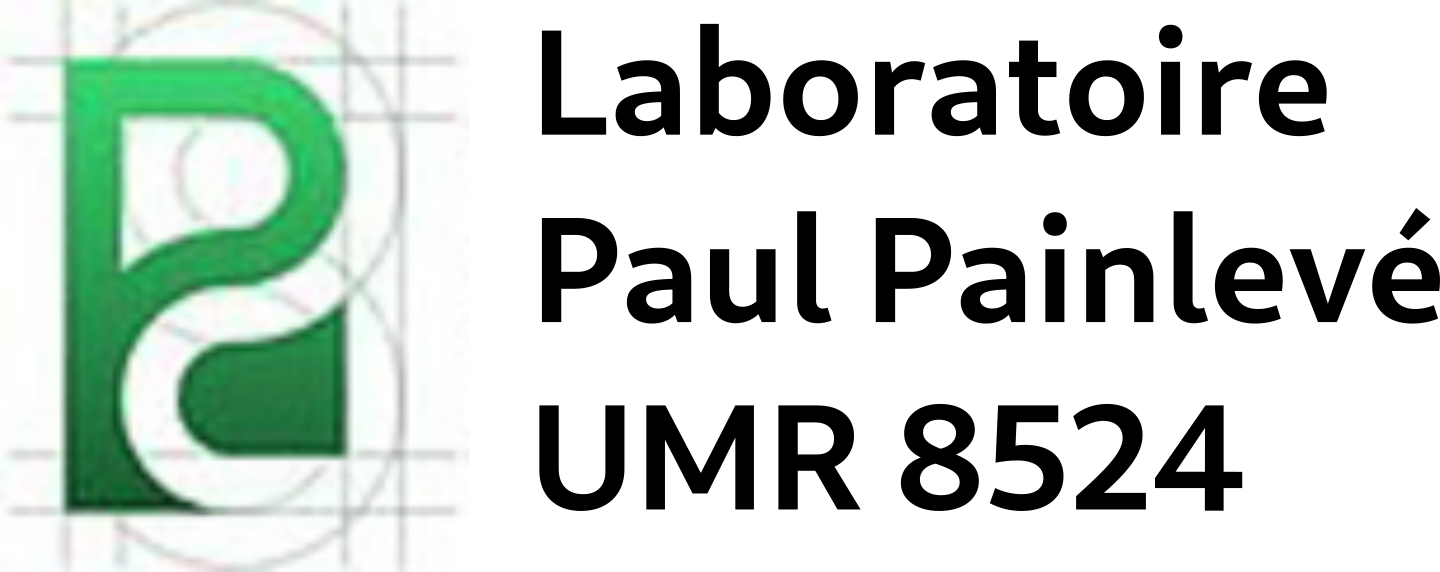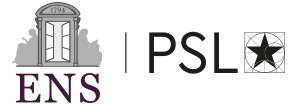Arithmetic & Homotopic Galois Theory
The LPP-RIMS Arithmetic & Homotopic Galois Theory IRN (AHGT) is a CNRS France-Japan International Research Network between Lille University (Laboratoire de Mathématiques Paul Painlevé), École Normale Supérieure - PSL (Département de Mathématiques et Applications), and the Research Institute for Mathematical Sciences, Kyoto University.
AHGT News & Activities
| Feb 19, 2026 | Anabelian Geometry in Ookoyama 2026 , Feb. 19-20, 2026 |
|---|---|
| Nov 16, 2025 | Workshop ``AHGT Days in Paris 2025'' , Nov. 17-19, 2025 |
AHGT Seminar
| Mar 9, 2026 | To be announced. Anton Alekseev (Genève University, CH) |
|---|---|
| Feb 4, 2026 | Transfer principles for Galois cohomology and Serre's conjecture II. Diego Izquierdo (IMJ-PRG Université Paris Cité, France) |
Research Topics
The scientific activity of the AHGT IRN is structured around the 3 following topics and their interactions:
AHGT references
- Surveys & lectures notes, for a first contact with AHGT;
- Publications & preprints, per year and topic;
- ``Atelier Géométrie Arithmetic'' (notes), report on the young researches seminar.
- Galois Covers and Moduli Spaces. On the arithmetic of Hurwitz spaces, and Noether's program -- that originate in the Inverse Galois Problem -- and on Ihara's program that draw a bridge between number theory, motivic theory, and anabelian geometry [2024]:: [2023];
- Motivic & Geometric Galois Representations. Étale cohomology theory, Galois Representations theory, and Perverse sheaves theory are fully integrated and bring their complementary techniques with a richer derived spectrum [2024]:: [2023];
- Arithmetic Anabelian Geometry. Beyond Grothendieck's anabelian reconstruction program (and the section vs rational point issue), includes new minimality or ``close-to-anabelian'', and combinatorial arithmetic geometry approaches for new connections with Hurwitz spaces and Grothendieck-Teichmüller theory [2024]:: [2023];
Members & Research Partners
The network regroups the activity of around 60 researchers in France and in Japan, and is supported by 40 international researchers over 12 countries and 32 institutions.





